Managing a workforce across multiple countries is no easy feat. Employers face strict local labour laws, tax regulations, payroll requirements and compliance obligations. There are two main ways to hire international employees:
- In-House HR: Your internal team handles everything from contracts to payroll in each country.
- Employer of Record (EOR): A third-party partner takes on the legal, compliance and administrative responsibilities of employing workers abroad.
Understanding the differences between these two approaches will help you choose the right one for your business.
What is an Employer of Record (EOR)?
An Employer of Record (EOR) is a company that legally employs workers on your behalf in foreign countries. While you manage day-to-day work and performance, the EOR handles:
- Employment contracts in local languages
- Payroll processing and taxes
- Benefits administration
- Compliance with local labour laws
- Risk management for hiring in new regions
This allows your company to expand globally without needing to set up legal entities or become experts in every country’s employment laws.
What is In-House HR?
Your in-house HR team manages recruitment, contracts, payroll and compliance directly. When hiring internationally, this means they’ll need to:
- Understand the intricacies of each country’s labour regulations
- Source local legal and payroll expertise
- Handle multiple tax and benefits systems
- Create compliant contracts in local languages
While this approach often works for companies hiring within a single country, it quickly becomes cumbersome, challenging and resource-intensive when employees are spread across borders.
5 Complexities That Make In-House HR Harder Internationally
- Employee Rights Compliance: Labour laws vary drastically from country to country. Some countries mandate additional training, paid leave, or protections that differ from your home country.
- Locally Compliant Contracts: Contracts must meet local legal standards, which may vary to what your in-house HR team are familiar with, and often require translation into the employee’s language.
- Benefits Administration: Pension, healthcare and statutory leave rules differ significantly across borders.
- Payroll & Tax Filing: Pay frequency, currency requirements and tax obligations may also differ from what your in-house HR team is used to dealing with.
- Regulatory Changes: Labour laws and tax rules are constantly shifting, requiring constant monitoring.
When to Choose an Employer of Record
Consider working with an EOR provider like Leap29 if you:
- Need to hire quickly in new countries without setting up entities
- Want to reduce legal and compliance risks
- Lack in-house HR capacity or international employment expertise
- Plan to test new markets before committing to a full local presence
- When you have a small team, it may be more cost-effective than building an in-house HR department
When In-House HR May Work
An internal HR team can be effective if:
- You operate primarily in one country or region
- You have extensive legal and HR resources in-house
- You already own legal entities in all hiring locations
- You prefer to manage every aspect of employment directly
EOR Simplifies Global Hiring
Expanding internationally creates major administrative, legal and compliance challenges. While in-house HR can manage domestic employees, an EOR removes the barriers to hiring abroad, allowing you to cost-effectively grow your team with less red tape.
Leap29: EOR Experts
If you’re wanting to employ the right people quickly, legally and compliantly in a new country, all without the hassle, Leap29’s EOR Services are for you.
Contact us today to discover how we can save you time and money when expanding into a new country.





